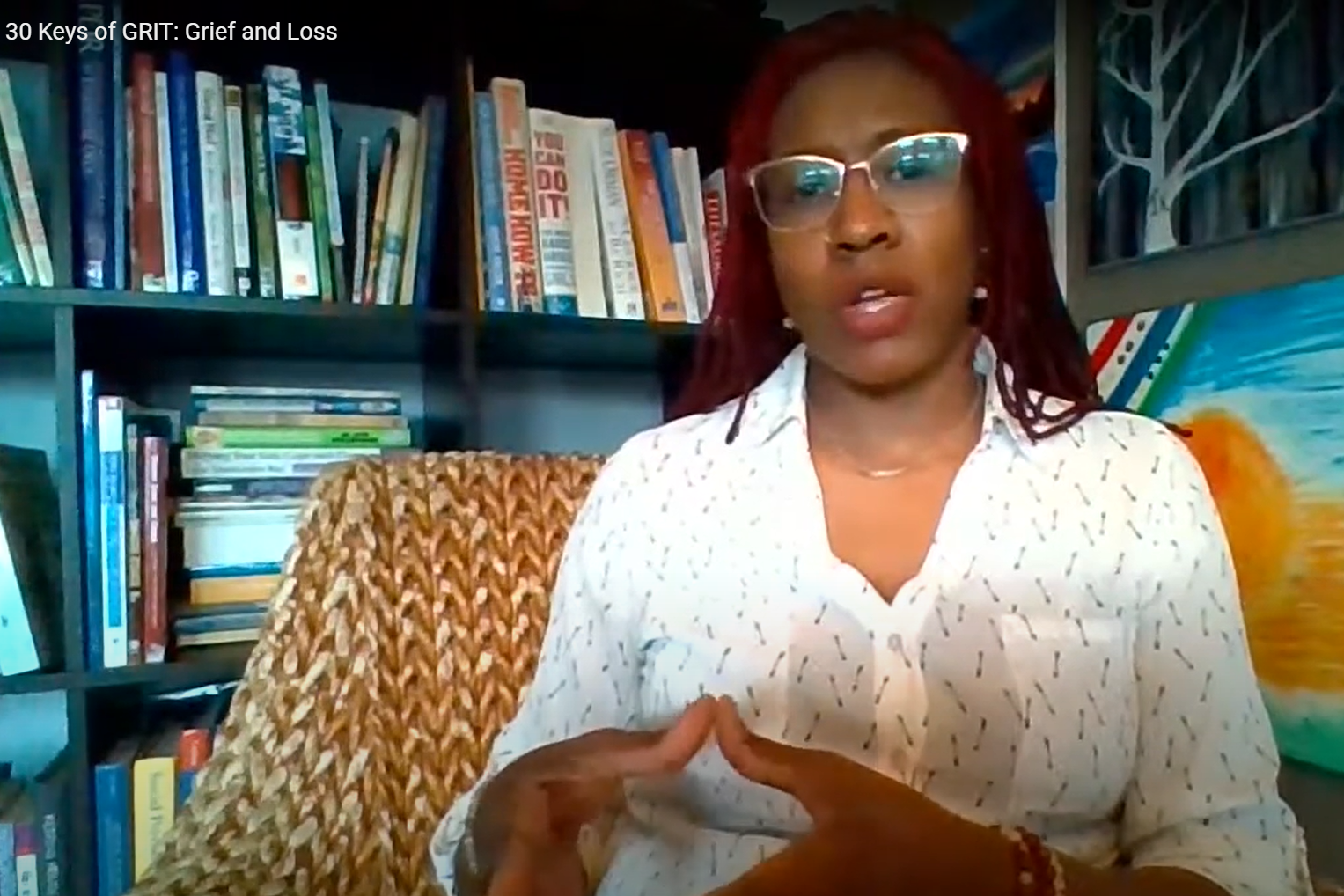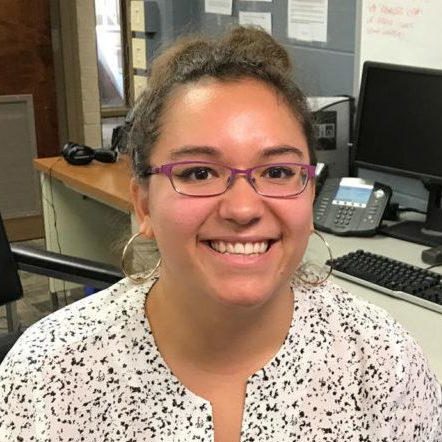
For the past few months, Jean Smith has been walking: doing loops in local parks and getting to know her neighbors. She used to go to the grocery store to pass the time, but that's become less of an option since the coronavirus pandemic hit Colorado.
"That's one of the ways that I've dealt with this time period," Smith said. "I've tried to sit still and read, but I haven't mastered that yet."
Walking has also helped her manage the ups and downs of both the pandemic and her own mental health. She said she knows this is a challenging time for so many people, and she can relate because she's been there.
"They say people will go through a couple of losses in a decade or so," Smith said. "I went through about eight."
Smith said navigating through those losses took time.
"I got through the day, but it took me probably eight to ten years to not have that feeling of devastation," Smith said.
One thing that helped her get through was peer support groups. She has attended one in Colorado Springs since 2008, sometimes four or five times a week. She said she started going to one focused on senior support, but also attended one for women and families.
Hearing people share similar experiences helped her feel less alone, Smith said.
"They're what I call my 90-minute friends," said Smith. "It's been a true blessing."
A 2017 federal report stated that peer support systems helped decrease psychotic symptoms, reduce hospital admission rates and even lower rates of depression. Peer support is one resource El Paso County wants to use to help address mental health during the pandemic.
Job loss, illness and increased uncertainty have affected people's ability to cope over the past seven months. A CDC report this summer stated that 40 percent of U.S. adults were struggling with their mental health due to stressors related to the coronavirus pandemic.
A new training at UCCS aims to help build resilience during the coronavirus pandemic
In response to these increased stressors, the National Institute for Human Resilience at UCCS developed a training program, called the Greater Resilience Information Toolkit, or GRIT. The free, online course has modules on focus areas like optimism and hope, staying connected and helping seniors in the community.
The Institute's Kathryn Dosch said the course is all about building resilience.
"It's the ability to keep going forward after you've been through a really hard situation, and then being able to use that the next time you're faced with something that is challenging," Dosch said. "The fact that we've all made it six months through this pandemic is really important for people to acknowledge. We kind of get lost in all the things that we don't have, or that are not going away, or that are stressful and frustrating. But we've all gotten through this."

In May, El Paso County Public Health teamed up with UCCS, in addition to local mental health organizations AspenPointe and NAMI Colorado Springs, to figure out how to bring the training to more people in the community.
"We really talked about just the broad, reaching impacts of COVID-19, and how every single age, every single demographic, every population across our community is being impacted in some sort of way," said Mary Ellen Benson, with AspenPointe.
Benson said she took the training, and said it helped her have a framework for concepts and ideas she'd heard in the past.
"It gives really practical applications and really easy ways to frame the conversation through your own sphere of social connections," Benson said.
Benson and others helped develop what they're calling the "El Paso County Method," a tiered approach to addressing mental health in the community. Support starts with peers and the UCCS GRIT training, but also helps people connect to professional help and direct services.
"The philosophy we're trying to get at is to kind of meet people at the right time in the right place for the right type of need," Benson said.
For Kirk Woundy with NAMI Colorado Springs, this partnership was in direct alignment with the organization's mission. He saw the El Paso County Method as a way to intervene before people hit a crisis.
"It shouldn't require somebody to get to a point where they feel like they can't cope in order for them to get some resources to feel better," Woundy said. "It's nice to think about putting mental health a little bit more front and center for more people so that you catch them early, and maybe keep them from getting to a point where they need a more intensive intervention."
Addressing mental health in El Paso County is a long-term investment
Dosch and Benson have worked together before on disaster responses, for the Waldo Canyon Fire and the Black Forest Fire, but this collaboration allowed them to have a longer-term strategy for strengthening community resilience.
"The main thing that was exciting was the ability to create longevity, strength, and wellness for our community in the long term after the disaster has moved past us," Benson said. "The ability to be able to say we've built greater resilience as a community, we are stronger. Disaster response hasn't traditionally done that."

Benson, Dosch and Woundy said their ultimate goal with the El Paso County Method is to normalize mental health support in the county.
"One of the hopes is that we can impact and decrease stigma, and we can increase the ability of the community to have language to talk about points in time where they're having struggles," Benson said. "If we hear that language coming back to us, then we're starting to chip away at the old lexicon of 'I'm gonna white knuckle it and make my way through.'"
Virtual or in-person, Jean Smith said she still finds a lot of strength in her support group. Now she's encouraging others to reach out.
"It's your heart hurting. It's not just your mid hurting in certain times of loss, it's your heart that hurts," Smith said. "And so, sitting alone in your room, surrounded by that grief, you can't solve that by yourself."
So far, 410 people have gone through GRIT training in Colorado, and over 1,000 people in 36 states have taken the training since it launched in March. The partnership that developed the El Paso County Method is funded through CARES Act dollars, and the funding runs through December. The organizations involved are looking for new ways to extend the funding into next year.








